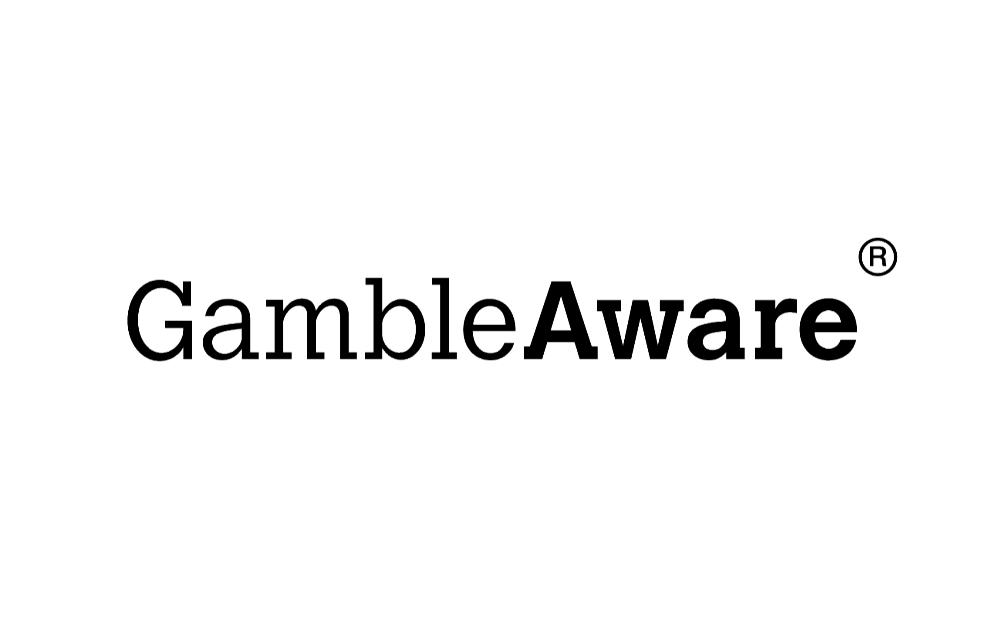
Study Shows Online Players Are More Likely to Set a Lower Deposit Limit without Predefined Options
GambleAware, a charity organization that is set out to prevent gambling harm, has published its most recent study’s findings that challenge the industry’s modus operating when it comes to the deposit limits. The main takeaway is this: when players have to set a deposit limit themselves by typing it in or when they are presented with lower pre-defined amounts first, they choose 46% lower sums in the first case and 45% lower in the second one.
This study was conducted by Behavioural Insights Team (BIT), a behavioral research company, and involved 1,731 bet365 customers as participants.
They were divided into three groups. The first one used the commonplace deposit limit tool with the options predefined by the operator, the highest amounts usually coming first and decreasing as users scroll down. The second group was presented with a dropdown menu with smaller sums (up to £250) and a text box to type a higher number if needed. The third group participants were asked to type in a deposit limit amount in a text box, with no dropdown menus or predefined options insight.
The finding that the higher the amounts suggested in the dropdown menus are, the more likely players are to choose a higher deposit limit is an example of the anchoring effect, as it is known in behavioral psychology. This effect refers to people’s over-reliance on the information we get before making a decision – in other words, it may unconsciously drive our opinions and choices. Based on the study results, GambleAware is calling on the online casino operators to replace the deposit limit dropdown menus with a text box without any suggestion visible next to it.
Rosanna Barry, Principal Advisor, Consumer Markets and Business team, from the Behavioral Insights Team, said: “This report is the culmination of a huge amount of detailed work by the team at BIT. It shows how seemingly superficial changes to the way that gambling sites offer deposit tools, if implemented across the industry and for all customers, will deliver large benefits to individuals who gamble and society as a whole, without constraining customer choice.”
This is an important study that uses experiences from real consumers to find what actually works to reduce the harms that can come from gambling. Importantly, it provides practical options for how gambling operators can strengthen the tools they provide to protect consumers from harm. These are also issues we are seeking responses on through our remote customer interaction consultation and call for evidence, which closes next month.
The study was the first out of the two the charity organization commissioned BIT to conduct. The second report is set to be published later this year. They are a part of GambleAware’s Phase 2 of the Remote Interventions project that investigates how to prevent negative consequences caused by online gambling in the most efficient way.
The Phase 1 study has already proven that making ‘safer-gambling’ tools easier to access will increase their use, whereas removing large bet defaults – a common practice in the online casino industry – will decrease how much players bet.
According to the UK Gambling Commission’s semi-annual report, online gambling is the largest segment of the gambling industry that accounts for 39.9% of the overall market – and more than a half if we leave the lottery out of the equation. Gross online gambling revenues amounted to £5.7 billion between April 2019 and March 2020, reflecting a steady year-on-year increase of 8.1%. It is estimated that about 400 thousand people in Great Britain are struggling with ‘problem gambling,’ with 1.7 million more experiencing low or moderate levels of gambling harm.





